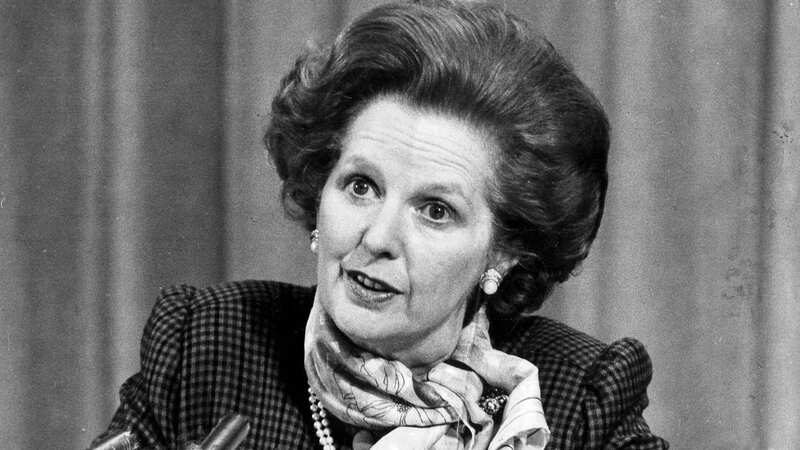Thatcher’s brutal war on miners should be taught in our schools

Forty years ago this week, Margaret Thatcher went to war against her Enemy Within.
She smelt blood after a 1983 election landslide, owed mostly to her war with the Argentinian junta, and calculated it was time to strike out for her ultimate ideological goal – crushing trade unions and allowing her free-marketeer disciples to fill their Prada boots.
So she antagonised the strongest union of them all, the miners, and threw the entire apparatus of the British state at them.
She changed laws to stifle collective protest, made MI5 unleash its darkest arts, ensured her media pals portrayed the striking miners as violent yobs led by militant dinosaurs and turned the police into her own private militia rewarding them with big pay rises for doing her dirty work.
Then shielded them from prosecution when that work turned criminal. After a brutal, divisive, year-long battle that saw 11,000 miners arrested, 8,000 charged with offences, 200 imprisoned, and 10 men and children killed, the men were starved back to work. And the Iron Lady’s reputation soared among her own tribe while the miners, even ones who crossed picket lines, were thrown on the slagheap.
 Teachers, civil servants and train drivers walk out in biggest strike in decade
Teachers, civil servants and train drivers walk out in biggest strike in decade
Those who remained in the proud, old communities were sentenced to a life of benefits and heroin. The miners’ humiliation gave Thatcher the impetus to destroy other traditional industries, supposedly to liberate the economy.
But the truth was that without any plan for an alternative future many towns and cities sank to their knees, and Thatcher’s heirs did little to lift them up.
A recent BBC poll in Britain’s former mining areas found 73% of people felt they had seen little of the Tories’ £15billion promise to level up “everyone, everywhere”.
Labour MP Ian Lavery, who was an apprentice at a Northumbrian colliery back in 1984, said this week that “anyone would realise now that there was a need for a transition to a green economy but there was no plan to invest in clean coal technology, no plan for those towns and villages to have future employment. It was a destruction job and the Government knew the consequences of what it was doing.”
Lavery is spot on. As he is with his call for the history of the strike to be taught in schools to ensure that its deep impact on society is not forgotten. I have long argued that working-class kids are being denied a truly balanced view of their past.
That they are taught to revere monarchs, generals, aristocrats and Oxbridge-educated politicians while those from their own stock who fought to change history rarely get a look-in.
I believe that if state school pupils learnt about the courage and stoicism of those from their own backgrounds they may possess a fraction of the confidence enjoyed by public schoolkids. And maybe Britain would be less of a cap-doffing nation that teaches the powerless that the only thing they need to know is their place.
There are many TV documentaries reassessing the Miners’ Strike, and in all of them the dignity and bravery of the ordinary men and women who fought for their children’s futures has shone through.
It’s time that the likes of this historic battle – along with other heroic struggles by those at the bottom making a stand against exploitation– weren’t just on the television, but on the national curriculum too.
Read more similar news:
Comments:
comments powered by Disqus

































